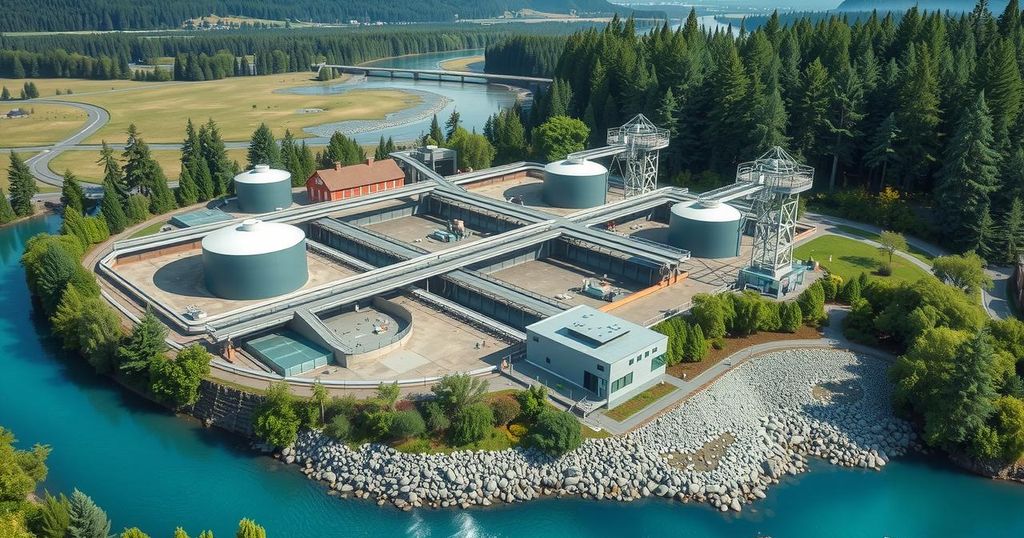Brazil has declared a nationwide environmental emergency to prevent catastrophic wildfires in 2025. Following record-breaking fires in 2024, the government will hire 250 additional firefighters and provide funding to strengthen local brigades. Experts emphasize the importance of coordinated efforts at state levels and express concern over ongoing drought conditions despite expected improvements in 2025’s dryness.
Brazil has proclaimed a nationwide environmental emergency to avert a catastrophic fire season in 2025, following record-breaking wildfires in 2024 that ravaged millions of hectares of native forest across the Amazon and other biodiverse regions. This declaration, issued on February 27 by Environment Minister Marina Silva, equips authorities with enhanced powers and resources to tackle potential wildfires proactively.
The federal government plans to recruit 250 additional firefighters and allocate 45 million reais (approximately $8 million) to six of the eight Amazonian states to strengthen local firefighting capabilities. This state of emergency is projected to remain in effect until between August 2025 and April 2026, varying by region.
“This is a coordinated government effort to assess risk before disaster strikes,” stated João Paulo Capobianco, executive secretary at the environment ministry, emphasizing the intent to mitigate wildfire risks nationwide. Additionally, Ane Alencar, Science Director at the Amazon Environmental Research Institute, highlighted the critical importance of organizing firefighting brigades before the onset of the dry season for preemptive measures to succeed.
The Brazilian Amazon faced its most intense burning period in over ten years in 2024, recording over 278,000 fires, exacerbated by an unprecedented drought. The Pantanal biome, the world’s largest tropical wetland, was severely impacted, with 16% of its area burned, affecting over 2.3 million hectares (5.7 million acres).
Despite the alarming rise in fire incidents, deforestation rates in the Brazilian Amazon decreased by 30% from 2023 to 2024, reaching a six-year low. As the El Niño event, which usually induces drier conditions in northern Brazil, dissipates, 2025 is anticipated to be significantly less arid than the previous two years; however, challenges persist due to ongoing drought conditions in vast areas of the region.
Rodrigo Agostinho, president of IBAMA, the national environmental agency, expressed concern, stating, “It isn’t a comfortable situation, as there are still vast regions under drought conditions.”
In summary, Brazil’s declaration of a nationwide environmental emergency aims to prevent a devastating fire season in 2025, responding to the prolonged drought and recent record wildfire incidents. The government’s proactive initiatives to hire additional firefighters and allocate funds for local fire brigades aim to enhance disaster readiness. However, experts stress the importance of cooperation among state governments to ensure these measures are effectively implemented as challenges related to drought endure.
Original Source: news.mongabay.com




